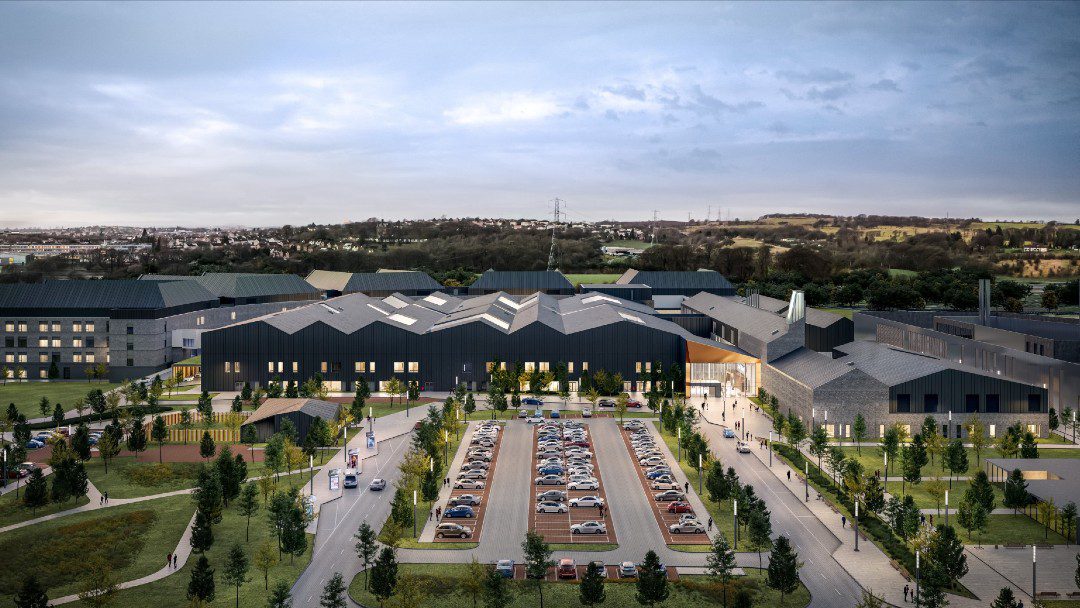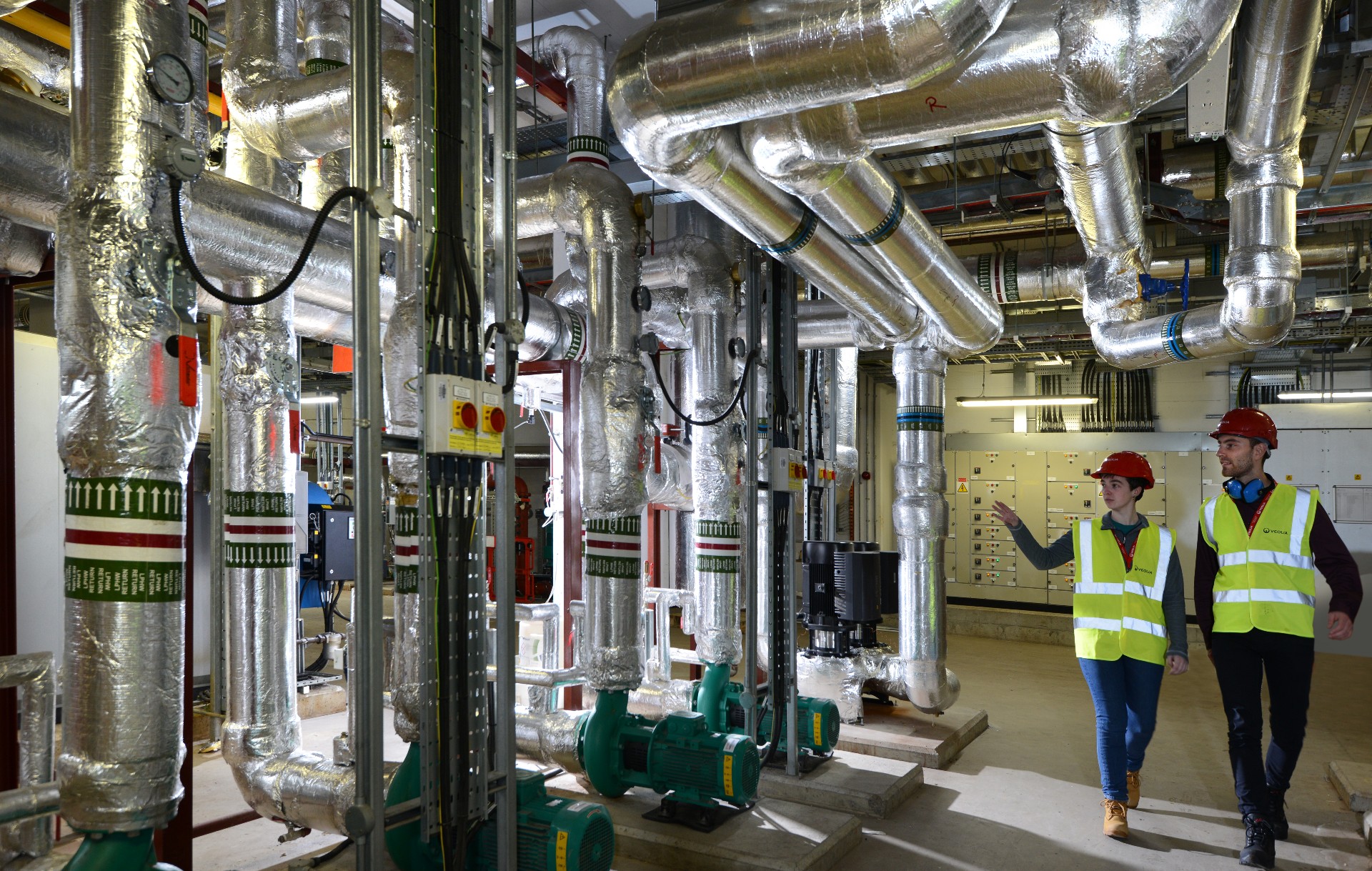Health and Social Care Secretary Pledges to Save the NHS

In his first few days in office, the New Health and Social Care Secretary Wes Streeting has outlined his ambition to reform the ‘broken’ NHS, and pledged to bring back the family doctor.
During a visit on Monday to a London GP surgery, the Abbey Medical Centre in St John’s Wood, accompanied by NHS Chief Executive Amanda Pritchard, the pair met with and listened to staff.
There, the Health Secretary committed to increasing the proportion of NHS resources going to primary care to ensure patients can get through the front door of the NHS and access the care they need.
He said: “Patients are finding it harder than ever to see a GP. Patients can’t get through the front door of the NHS, so they aren’t getting the timely care they need. That’s no surprise, when GPs and primary care has been receiving a smaller proportion of NHS resources. I’m committed to reversing that.
“My first visit as Health Secretary was to a GP practice because when we said we want to shift the focus of the NHS out of hospitals and into the community, we meant it.
“I’m determined to make the NHS more of a neighbourhood health service, with more care available closer to people’s homes. Because if patients can’t get a GP appointment, then they end up in A&E, which is worse for them, and more expensive for the taxpayer.
“We are committed to bringing back the family doctor, so patients can see the same doctor each appointment, fixing the front door to the NHS.”
NHS England Chief Executive Amanda Pritchard also commented: “It was excellent to join the Secretary of State visiting Abbey Medical Centre this afternoon – it was powerful to hear directly from patients about the importance of GP and primary care services.
“Staff here also told us about the struggles they face with waiting lists but also how they are responding to emerging new health and care needs in their local community. GP teams are the bedrock of the NHS but right across the country, they are under huge pressure and working incredibly hard to deliver more appointments.
“We know there is much more work to do to support them and to transform primary care services. We look forward to working with the government and colleagues in primary care to do that.”
The Abbey Medical Centre is a sector leader in providing patients with a personal service and emphasising continuity of care – both key pillars of the government’s mission to reform NHS primary care.
The centre is also a teaching and research practice that trains medical students and specialist trainees in general practice – complimenting the government’s aims to train thousands more GPs.
The Secretary of State has previously spoken about his plans to increase investment in primary care, including trialling Neighbourhood Health Centres, which will bring together existing community services under one roof.
Saving the NHS is a personal mission for the Health Secretary
Soon after his appointment last week, the Health Secretary admitted that the NHS is broken and outlined his ambitions to ‘save’ the service, after the NHS saved his life following a cancer diagnosis.
“When I was diagnosed with kidney cancer, the NHS saved my life. Today, I can begin to repay that debt, by saving our NHS.”
He also revealed that he had spoken with the BMA junior doctors committee with the view to begin talks to end their industrial action.
While he acknowledged that fixing the NHS would take time, he committed to turn the health service around, and referenced the last Labour government’s work with the NHS to deliver the shortest waits and highest patient satisfaction in history.

